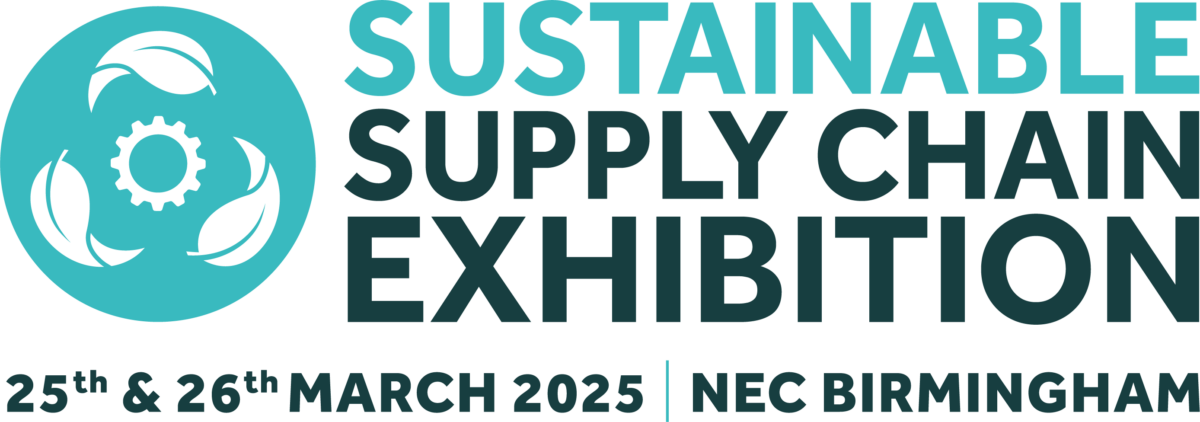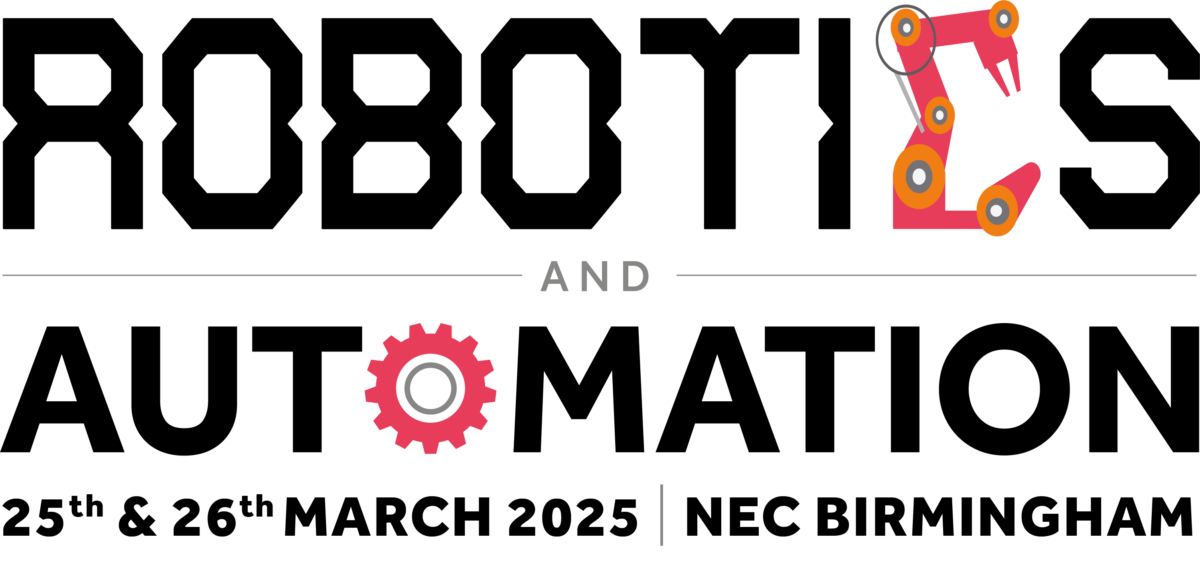Unilever says it has cut CO2 from its logistics and manufacturing by one million tonnes since 2008.
The reduction is a combination of 211,000 tonnes CO2 reduction from making global logistics operations more efficient, and 838,000 tonnes CO2 achieved from improvements in manufacturing activities.
Unilever has improved the efficiency of its transport operations with the creation of the UltraLogistik control tower at Katowice in Poland.
It said: “The control tower model enables more efficient coordination of thousands of transport movements across road, rail, sea and air of Unilever products reducing CO2 and improving customer service. Last but not least it also saved the company €50 million in costs since 2008.
“As part of the UltraLogistik transport network Unilever is creating regional distribution hubs. These will improve operational efficiency and reduce distance travelled by 175 million km in Europe alone. This benefit was a key factor for Unilever being awarded a Marco Polo grant of €5.7million to invest and develop sustainable transport of goods across Europe. The UltraLogistik model is now being rolled out globally.”
John Maguire, Unilever’s group manufacturing sustainability director said: “Eco-efficiency isn’t just about reducing the environmental footprint it also makes good business sense. Since 2008 our eco-efficiency programmes have avoided more than €300 million of costs. Almost €100 million in energy; €186 million in materials; €17 million in water; and €10 million in waste disposal. The benefits are very clear in a world where energy prices are increasing.”
In its manufacturing operations, Unilever has been expanding the use of biomass boilers, as well as combined heat and power plants.
Upcoming Events
25
March
2025
25
March
2025
25
March
2025






